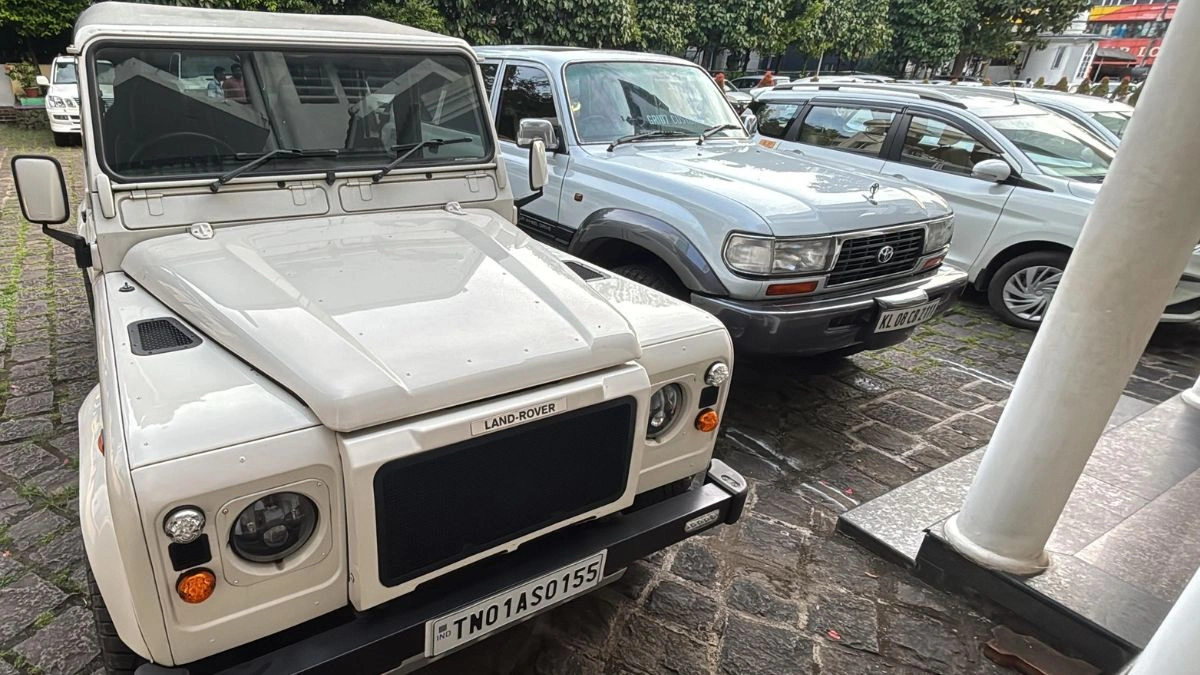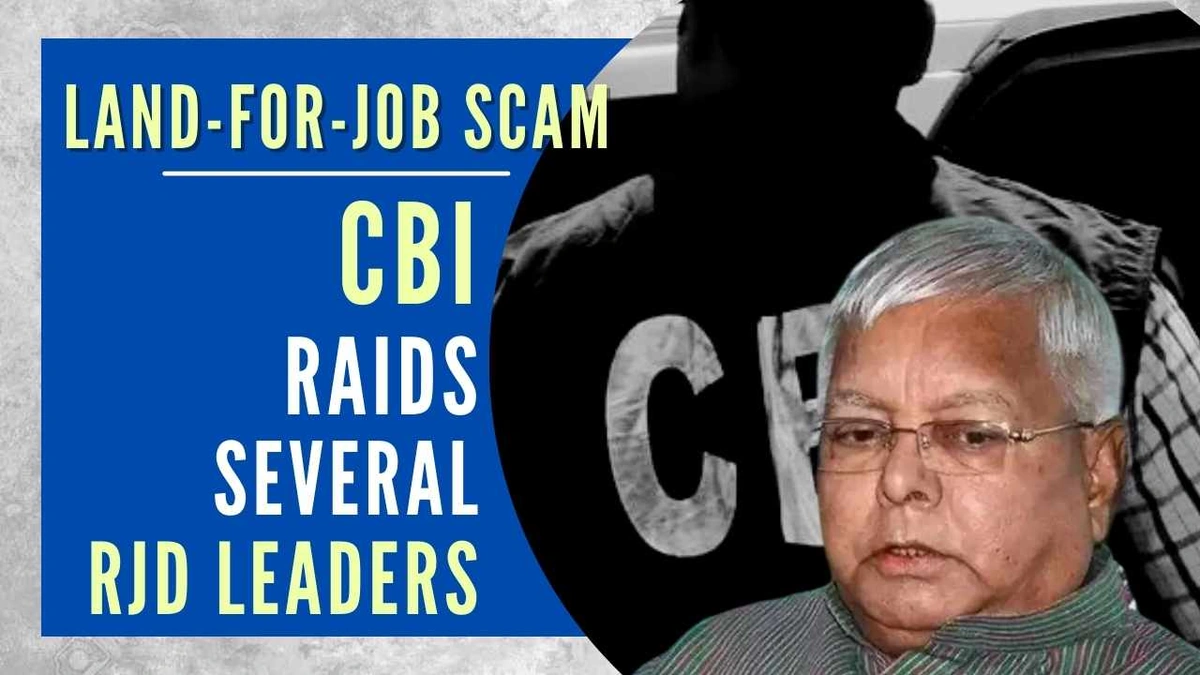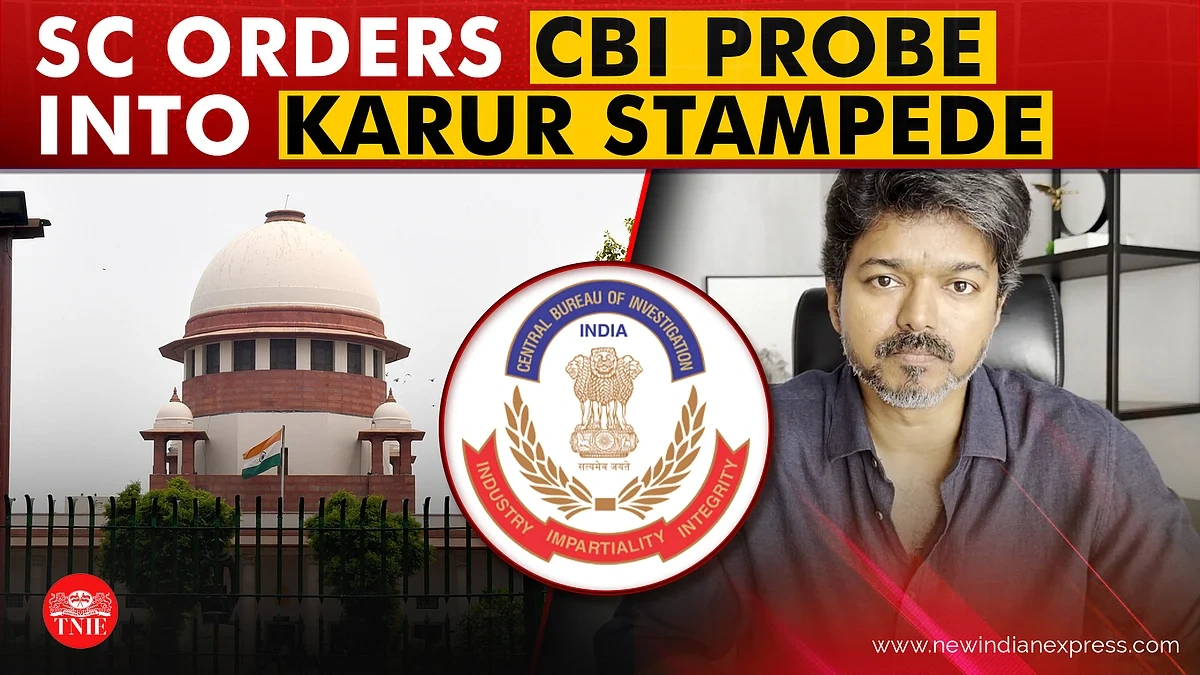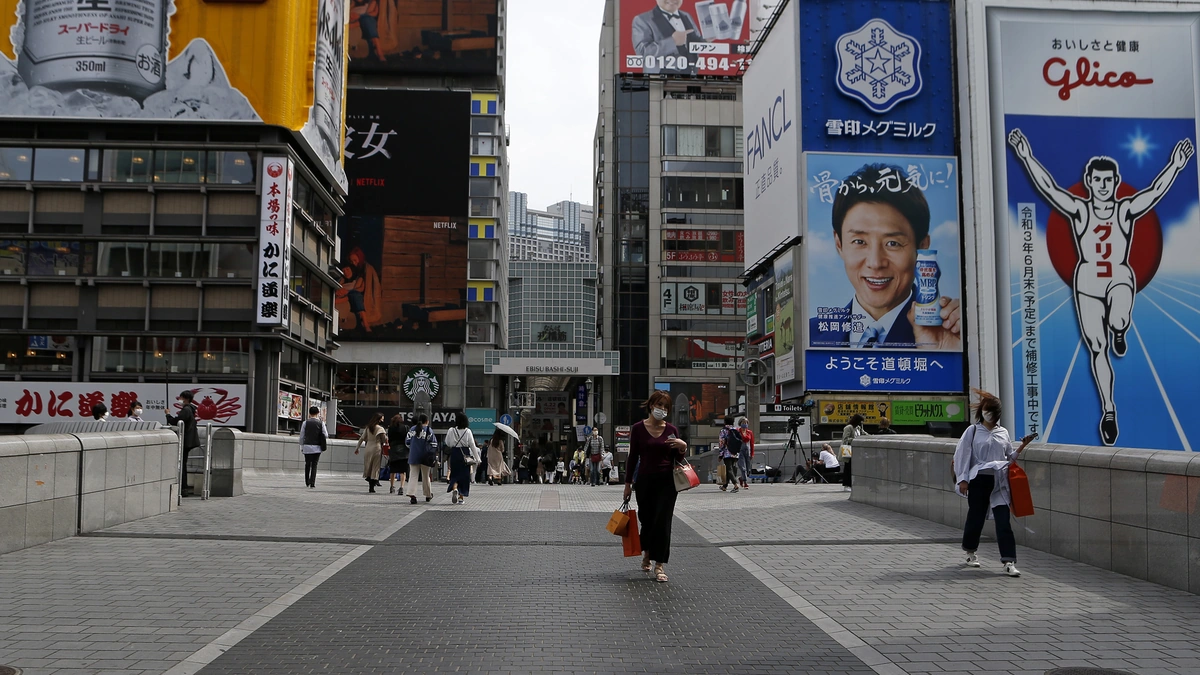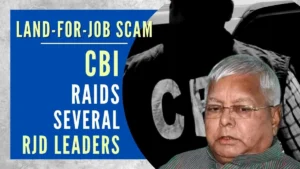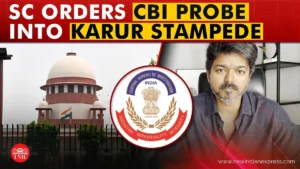ED Raids 17 Sites in Kerala, Tamil Nadu in Luxury Vehicle Smuggling Case; Actors Prithviraj, Dulquer Salman Under Scrutiny
Okay, folks, let’s dive into something that’s been creating quite a buzz down south: the ED raids linked to alleged luxury vehicles smuggling . Seventeen sites across Kerala and Tamil Nadu – that’s a lot of ground to cover. And what’s really grabbed everyone’s attention? The fact that actors Prithviraj Sukumaran and Dulquer Salmaan are under the Enforcement Directorate’s (ED) scanner. But, before we get all gossipy, let’s understand the why behind this news. It’s not just about fancy cars and famous faces; it touches on deeper issues of tax evasion, financial irregularities, and the lure of the ultra-rich dodging the system.
What’s the Big Deal with Luxury Vehicle Smuggling?
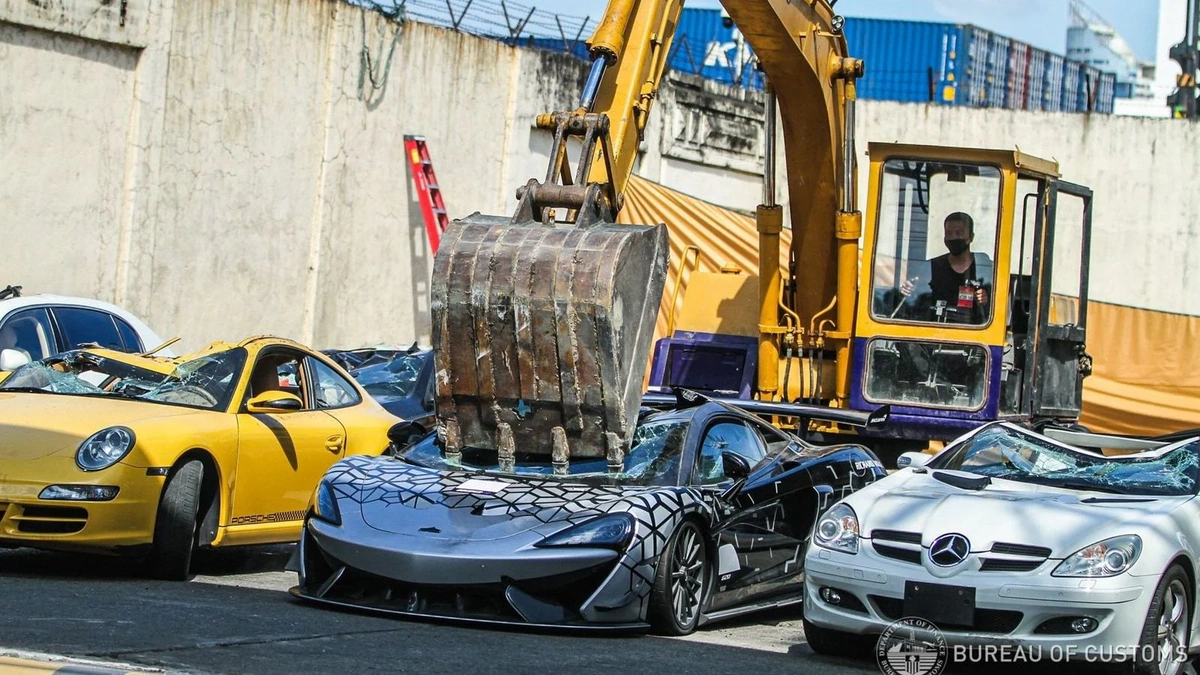
Here’s the thing: smuggling isn’t just about sneaking stuff across borders in James Bond style. It’s a sophisticated game with layers of deception. When it comes to luxury vehicles , we’re talking about serious money. Think about it – a high-end imported car can easily cost upwards of a crore, sometimes several crores, in India. The import duties and taxes are significant. Now, imagine if you could avoid paying those? That’s where the temptation comes in. People might try to undervalue the vehicles, create shell companies, or use other shady tactics to bring these cars in without paying the full amount. According to reports, the investigation is tied to alleged discrepancies in the import of these vehicles, where taxes were evaded, leading to significant financial losses for the government.
But why bother? Well, the potential profits are enormous. For some, it’s about the thrill of getting away with something. For others, it’s a cold, calculated business decision. Avoiding hefty taxes on imported cars directly translates into increased profits when reselling these vehicles. This illegal practice undermines the legal automotive market in India and deprives the government of substantial revenue that could be used for public services. So, it’s not just a matter of evading taxes; it impacts the nation’s economy and fair trade practices.
How Does This Luxury Vehicle Smuggling Work, Anyway?
Alright, let’s get into the nitty-gritty. How do these operations actually work? This is where it gets interesting. Often, it starts with misdeclaration. An expensive SUV might be declared as a cheaper model, or the value is significantly understated on import documents. Then there’s the shell company game. Multiple companies are created, often existing only on paper, to make the transactions look legitimate. These companies might be based in tax havens, making it even harder to trace the money trail.
What fascinates me is the sheer audacity of it all. The masterminds behind these schemes are often well-connected individuals who know how to exploit loopholes in the system. They might have insiders in customs or other regulatory bodies who turn a blind eye for a cut of the profits. It’s a complex web of deceit that can take years to unravel. The ED’s investigation aims to expose this network and bring the culprits to justice.
And let’s not forget the role of intermediaries. These are the folks who facilitate the smuggling, handling everything from the logistics of moving the vehicles to the paperwork involved. They are the unsung heroes (or rather, villains) of this whole saga. A common mistake I see people make is thinking of smuggling as a simple act of sneaking goods across borders. It’s far more organized and intricate than that. These operations require careful planning, meticulous execution, and a deep understanding of the legal and regulatory landscape .
Why Are Prithviraj and Dulquer Under Scrutiny?
Now, the million-dollar question: what’s with the actors? Being under scrutiny doesn’t necessarily mean they’re guilty of anything. It simply means the ED wants to understand their involvement, if any, in these transactions. Maybe they bought these vehicles, unknowingly or otherwise, through irregular channels. Maybe they have some financial links to the individuals or companies involved in the smuggling racket. As per the guidelines mentioned in the information bulletin, the ED is empowered to investigate individuals whose financial transactions raise suspicion in relation to potential economic offenses.
Let me rephrase that for clarity: owning a luxury car itself isn’t a crime. But if that car was acquired through illegal means, or if there are irregularities in the financial transactions related to its purchase, that’s when the ED steps in. The investigation could involve questioning the actors about the source of funds used to purchase the vehicles, the documentation they have related to the purchase, and their knowledge of any potential irregularities. It’s a stressful situation, no doubt, but it’s also a necessary step in ensuring transparency and accountability.
What fascinates me is how these high-profile cases can impact public perception. When celebrities are involved, it brings the issue to the forefront and sparks a wider conversation about ethics, wealth, and the rule of law. It forces us to ask uncomfortable questions about the lifestyles of the rich and famous and the lengths some people will go to in order to maintain them.
The Broader Implications of Luxury Vehicle Smuggling in India
This isn’t just a Kerala or Tamil Nadu problem. It’s a nationwide issue. Luxury vehicle smuggling is a symptom of a larger problem: the desire to evade taxes and regulations. And it’s not just limited to cars. We see similar issues in other sectors, such as gold, electronics, and even real estate.
But, the impact goes beyond just lost tax revenue. It creates an uneven playing field for legitimate businesses that follow the rules and pay their dues. It undermines the integrity of the financial system and erodes public trust in government institutions. And, perhaps most importantly, it sends a message that it’s okay to cheat the system if you’re rich and powerful enough. The economic impact of tax evasion through vehicle smuggling can be substantial, affecting budgetary allocations for crucial developmental projects.
I initially thought this was straightforward, but then I realized the ripple effects are far-reaching. Addressing this issue requires a multi-pronged approach, including stricter enforcement of import regulations, increased transparency in financial transactions, and harsher penalties for those who are caught. And, perhaps most importantly, a change in mindset – a recognition that paying taxes is not just a legal obligation, but a moral one. It is crucial to foster a culture of compliance and ethical business practices to curb such illegal activities.
What Happens Next in the Vehicle Smuggling Case?
So, what can we expect moving forward? The ED investigation is likely to continue for several months, possibly even years. They’ll be digging through documents, questioning witnesses, and trying to piece together the full picture of the smuggling operation. We might see more arrests, more asset seizures, and more revelations about the extent of the racket. According to the latest circular on the official ED website, the agency is committed to pursuing every lead to ensure that all those involved are brought to justice. As the investigation unfolds, more details are likely to emerge, shedding light on the extent and complexity of the smuggling network.
And, of course, the involvement of Prithviraj and Dulquer will continue to be a subject of intense public interest. Their reputations are on the line, and the outcome of the investigation could have a significant impact on their careers. But, regardless of what happens to them, this case serves as a reminder that no one is above the law. Whether you’re a Bollywood superstar or a small-time businessman, if you’re caught cheating the system, you’ll face the consequences. The legal ramifications for those found guilty of luxury vehicle smuggling can be severe , including hefty fines and imprisonment.
What fascinates me is how these cases can shape public discourse and influence policy changes. When we see high-profile individuals being held accountable for their actions, it sends a powerful message that the system is working. It reinforces the importance of transparency, accountability, and the rule of law. And, it inspires us to demand more from our leaders and from ourselves.
FAQ
Frequently Asked Questions About Luxury Vehicle Smuggling in India
What exactly constitutes luxury vehicle smuggling?
It involves illegally importing luxury vehicles into India, often to evade high import duties and taxes.
How do smugglers typically evade taxes on luxury cars?
They often undervalue vehicles, misdeclare their features, or use shell companies to mask the true ownership and transactions.
What are the penalties for being involved in luxury vehicle smuggling?
Penalties can include hefty fines, asset seizure, and imprisonment, depending on the severity of the offense.
How does luxury vehicle smuggling affect the Indian economy?
It causes significant loss of tax revenue, creates an uneven playing field for legitimate businesses, and undermines the financial system.
Are celebrities often targeted in these kinds of investigations?
Celebrities may come under scrutiny if there are suspicions that their vehicles were acquired through illegal means or if they have financial links to the smuggling network.
What can be done to prevent luxury vehicle smuggling in India?
Stricter enforcement of import regulations, increased transparency in financial transactions, and harsher penalties for offenders are crucial.
In conclusion, the ED raids in Kerala and Tamil Nadu highlight the ongoing battle against financial crime and tax evasion in India. It’s a complex issue with far-reaching implications, and it requires a concerted effort from all stakeholders to address it effectively. So, next time you see a fancy car on the road, remember that there might be more to it than meets the eye. And that, my friends, is something worth thinking about.
